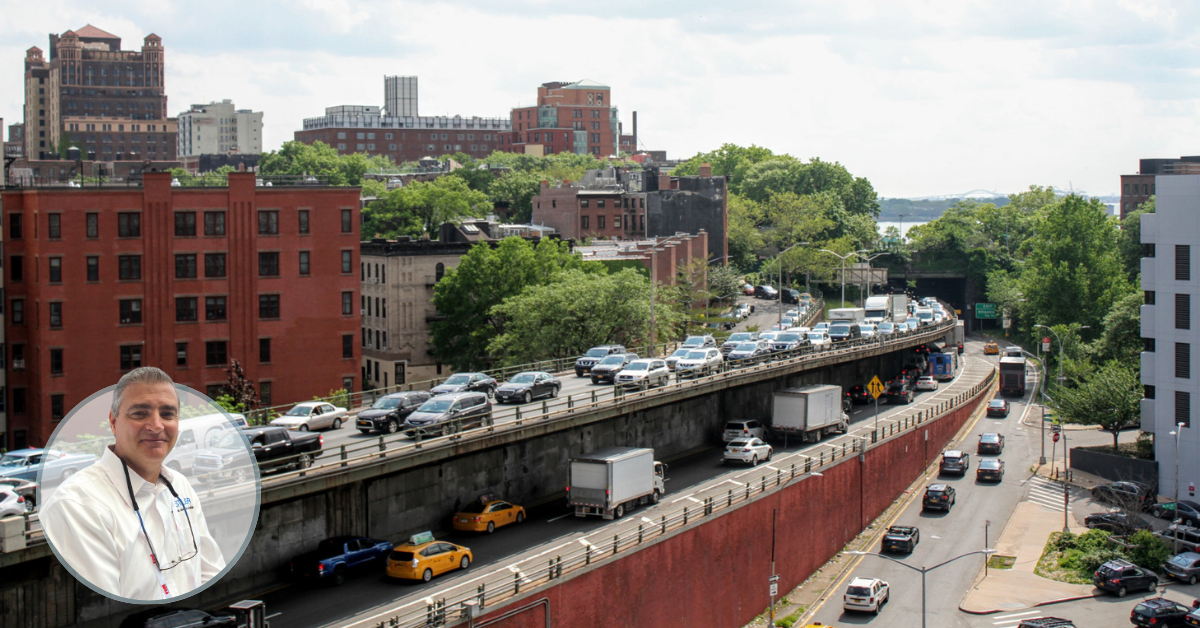The Greek infrastructure is getting a makeover. What will be changed?

Intro
EU funding & finance for Greece’s smart cities
Greece is the birthplace of democracy, diplomacy, Western philosophy and the concept of political science, among many other things that we benefit from on a daily basis. The ancient Greeks were, arguably, the smartest people that ever lived. So fast forward to 2022 and it’s encouraging to see that the move towards the smart city is gaining momentum in modern Greece in, it has to be said, circumstances that are far from ideal for breeding intelligent mobility deployments.
Greece was the first EU member state to have its Partnership Agreement approved in 2021, meaning that the Government was prepared with its priorities at the beginning of the EU Smart Cities Program.
The Greek Government launched Phase I of the Smart Cities program in October 2021 and invited the largest 17 municipalities to submit their strategic plans calling for project proposals for funding. Recently this was followed up with Phase II inviting municipalities with a population of up to 100,000 residents to submit proposals for digital transformation by the end of October 2022.
Loading component...
phase I
Seventeen municipalities were invited to submit their strategic plans under the Smart Cities program from the RRF (EU Recovery and Resilience Facility), with a total budget of €90 million. The program is aimed at the development of new infrastructure, digital platforms and IT systems, providing the opportunity to use technology and data to improve urban infrastructure and e-services. Among the activities of interest are transport, safety and the environment. The 17 eligible municipalities are:
Athens, Thessaloniki, Piraeus, Patra, Heraklion, Larissa, Volos, Peristeri, Rhodes, Ioannina, Chania, Acharnes, Nikaia-Agios Ioannis Rentis, Halkida, Kordelio-Evosmos, Kallithea and Trikala. Athens, having the largest population, is receiving the largest share of €20 million and Thessaloniki, having the second largest population, may receive in the order of €5-10 million.
For interest, Trikala has the reputation of being the first digital city in Greece and one of the world’s first smart cities. It has introduced digital infrastructure, such as driverless buses and a smart pedestrian system providing a station for receiving traffic and environmental data for all uses. Thessaloniki is planning a data-based system to monitor the city’s tourism mobility in the interests of sustainability. Part 2 of this feature will focus on the smart city efforts of Trikala, Thessaloniki and Athens.
Phase I has a budget of €90 million for 17 municipalities with a population of more than 100,000.
Phase II
The second phase of the Smart Cities program began in July 22, open to numerous municipalities with a population of up to 100,000. They were invited to submit their digital transformation proposals by the end of October 22. This phase has a budget of €230 million, funded by the ERDF (European Regional Development Fund). Eligible municipalities can receive funds between the wide range of €210,000 and €2,77 million, depending on the size of its population.
The program is directed at digital projects that meet the priorities of each municipality. The project categories of interest include sustainable mobility and enhancement of digital infrastructure
The program is directed at digital projects that meet the priorities of each municipality. The project categories of interest include sustainable mobility and enhancement of digital infrastructure. Municipalities were invited to select among various actions that best suits their needs, including:
- a smart parking system
- smart stops for public transportation
- a smart system ensuring access for people with mobility problems
- smart and disabled-friendly pedestrian crossings
- the selection of a digital twin city.
Phase II has a budget of €230 million for municipalities with a population of less than 100,000.




.png?h=400&iar=0&w=1400)

